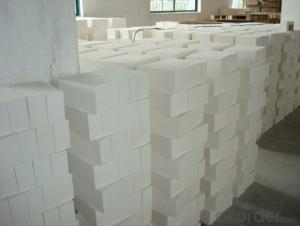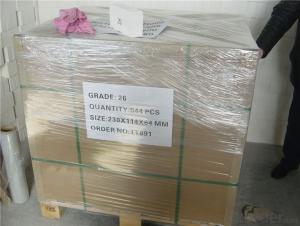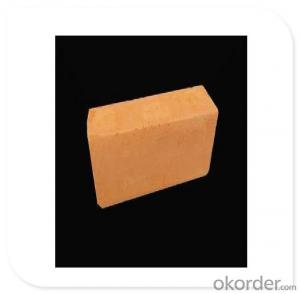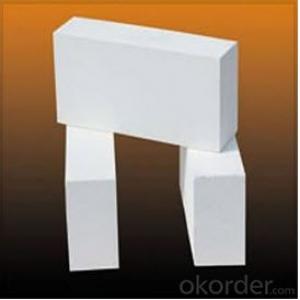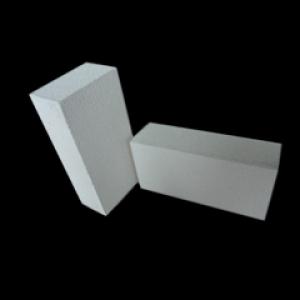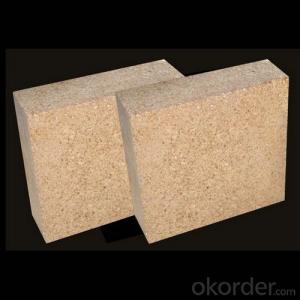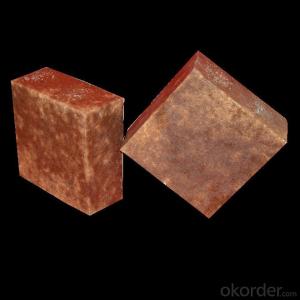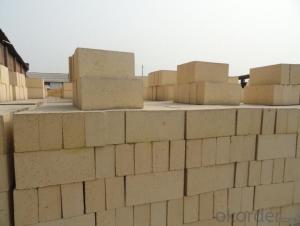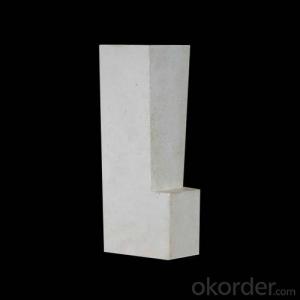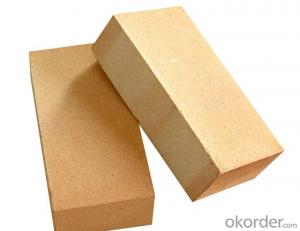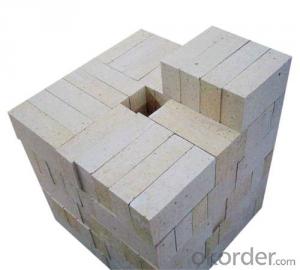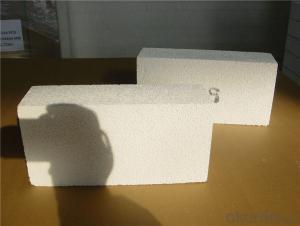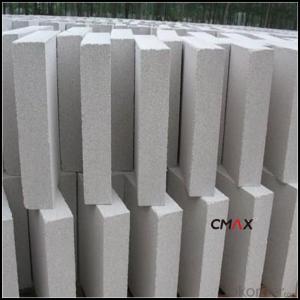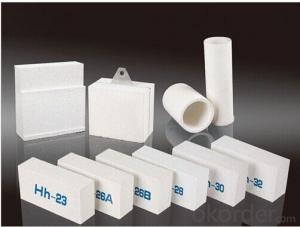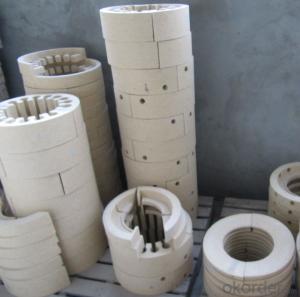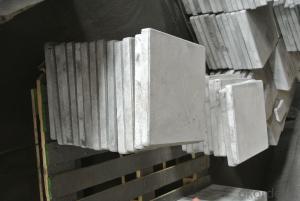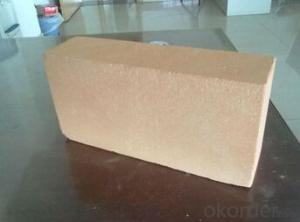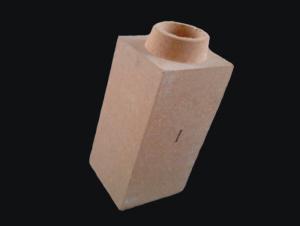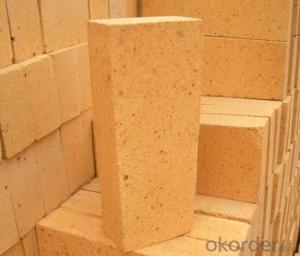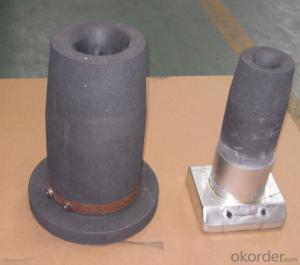All Categories
- - Steel Wire Rod
- - Steel Coils
- - Steel Profiles
- - Steel Pipes
- - Stainless Steel
- - Tinplate
- - Special Steel
- - Steel Sheets
- - Steel Rebars
- - Steel Strips
- - Hot Rolled Steel
- - Cold Rolled Steel
- - Pre-painted Steel
- - Seamless Steel Pipe
- - Welded Steel Pipe
- - Hollow Steel Tubes
- - Galvanized Pipe
- - Stainless Steel Coil
- - Stainless Steel Sheet
- - Stainless Steel Plate
- - Stainless Steel Strips
- - Electrolytic Tinplate Coil
- - Electrolytic Tinplate Sheet
- - Stainless Steel Rebars
- - Solar Panels
- - Solar Water Heater
- - Solar Related Products
- - Solar Inverter
- - Solar Cells
- - Solar Light
- - Solar Energy Systems
- - Solar Controllers
- - Solar Mounting System
- - Solar Pump
- - Solar Chargers
- - Fiberglass Chopped Strand
- - Fiberglass Mesh Cloth
- - Composite Pipes
- - FRP Pultrusion Profiles
- - Fiberglass Mat Tissue
- - Fiberglass Fabrics
- - Fiberglass Mesh
- - Composite Tank
- - Fiberglass Mesh tape
- - Polymer
- - FRP Roofing Panel
- - Fiberglass Roving
- - Monolithic Refractories
- - Ceramic Fiber Products
- - Refractory Bricks
- - Raw Materials For Refractory
- - Suspended Platform
- - Cranes
- - Concrete Machinery
- - Earthmoving Machinery
- - Building Hoist
- - Road Building Machinery
- - Plastic Pipe Fittings
- - Plastic Tubes
- - Plastic Sheets
- - Agricultural Plastic Products
- - Plastic Nets
Q & A
Are refractory bricks affected by weather conditions?
Yes, refractory bricks can be affected by weather conditions. Extreme temperature fluctuations, moisture, and exposure to harsh weather elements can cause physical and chemical changes in refractory bricks, leading to cracking, spalling, and reduced thermal insulation properties. Therefore, it is important to consider weather conditions when selecting and maintaining refractory bricks for applications in outdoor environments.
What is the difference between fire clay and silica refractory bricks?
Fire clay and silica refractory bricks are both types of refractory materials used in high-temperature applications, but they have some key differences.
Fire clay bricks are made from a mixture of clay and other materials, such as grog or sawdust, which are added to improve their strength and resistance to thermal shock. These bricks have a lower melting point compared to silica refractory bricks and are suitable for temperatures up to around 1,500°C. Fire clay bricks also have good insulation properties and are commonly used in applications such as fireplaces, kilns, and furnaces.
On the other hand, silica refractory bricks are primarily composed of silica, which gives them excellent thermal stability and resistance to high temperatures. These bricks can withstand temperatures up to 1,800°C or higher, making them suitable for more extreme heat conditions, such as in glass manufacturing or steelmaking industries. Silica refractory bricks also have low thermal conductivity and are highly resistant to chemical erosion.
Overall, the main difference between fire clay and silica refractory bricks lies in their composition and temperature resistance capabilities. Fire clay bricks are suitable for lower temperature applications and provide good insulation, while silica refractory bricks are preferred for high-temperature environments requiring exceptional thermal stability and resistance to chemical attack.
How do refractory bricks contribute to the reduction of emissions?
Refractory bricks contribute to the reduction of emissions by providing insulation in high-temperature environments, such as industrial furnaces, kilns, and incinerators. By effectively containing and trapping heat within these systems, refractory bricks enhance energy efficiency and minimize heat loss. This allows for lower fuel consumption, resulting in reduced emissions of greenhouse gases and pollutants. Additionally, refractory bricks can withstand extreme temperatures and chemical reactions, helping to maintain the integrity of the equipment and prevent leaks or failures that could lead to emissions.
Wholesale Refractory Bricks from supplier in Russia
Whether you require refractory bricks for industrial furnaces, kilns, or any other high-temperature applications, we have the expertise to assist you. Our team of professionals is dedicated to providing excellent customer service and ensuring that your requirements are met efficiently and effectively.
As a subsidiary of CNBM, we have access to a wide network of global suppliers and manufacturers, allowing us to offer competitive prices and high-quality products. Our strong relationships with these suppliers enable us to deliver products on time and within budget.
In addition to supplying refractory bricks, we also offer technical support services. Our knowledgeable team can provide guidance and recommendations on the selection and installation of refractory bricks, ensuring optimal performance and longevity. We understand the unique challenges of the Russian market and can provide tailored solutions for your specific needs.
Whether you are a small business or a large industrial facility, we are committed to providing the highest level of service and support. Contact us today to discuss your refractory bricks requirements and discover how we can assist you in achieving your project goals.
As a subsidiary of CNBM, we have access to a wide network of global suppliers and manufacturers, allowing us to offer competitive prices and high-quality products. Our strong relationships with these suppliers enable us to deliver products on time and within budget.
In addition to supplying refractory bricks, we also offer technical support services. Our knowledgeable team can provide guidance and recommendations on the selection and installation of refractory bricks, ensuring optimal performance and longevity. We understand the unique challenges of the Russian market and can provide tailored solutions for your specific needs.
Whether you are a small business or a large industrial facility, we are committed to providing the highest level of service and support. Contact us today to discuss your refractory bricks requirements and discover how we can assist you in achieving your project goals.
Hot Search
- Monolithic Refractories in British
- Ceramic Fiber Products in Namibia
- Refractory Bricks in Mauritius
- Raw Materials For Refractory in Hungary
- Monolithic Refractories in Panama
- Raw Materials For Refractory in Iceland
- Monolithic Refractories in Tunisia
- Ceramic Fiber Products in Armenia
- Refractory Bricks in Latvia
- Ceramic Fiber Products in Nauru
